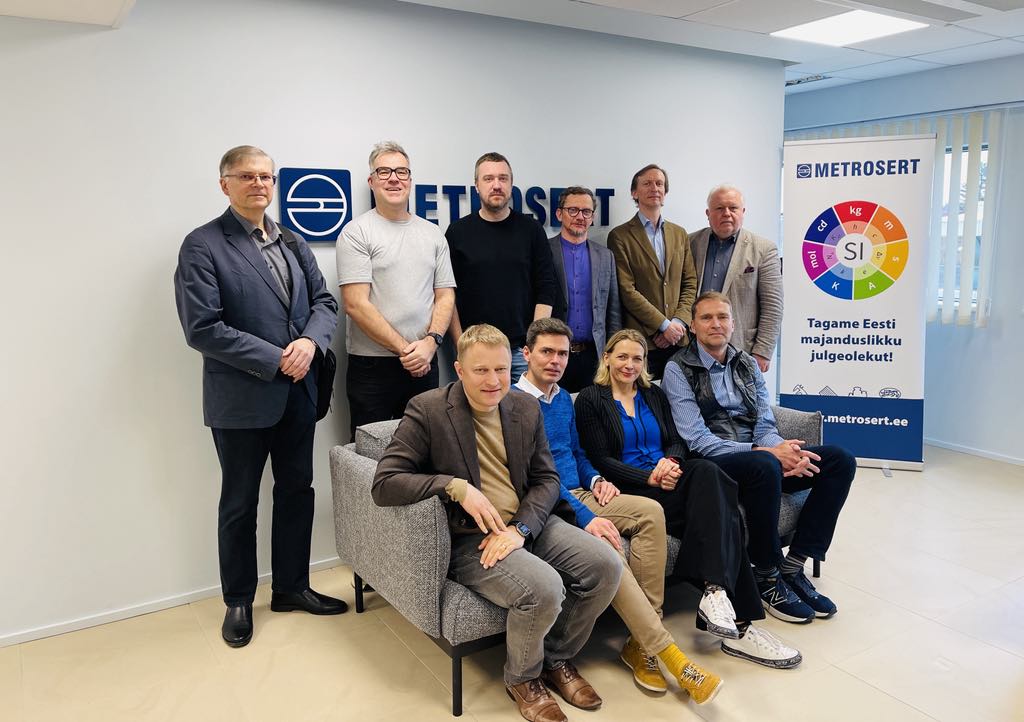April 17th, a consortium consisting of AS Metrosert, the Estonian Business and Innovation Agency (EIS), and the Estonian Electronics Industries Association (EETL) launched a vitally important chip center, with the goal of accelerating the growth of local tech companies.
The chip center is a strategically important project for Estonia, aiming to support companies and start-ups in developing their design capabilities and upgrading their skills in the field of chip technology. The budget over the next four years will be €2.4 million, funded in equal parts by the EU’s Digital Europe program and the Ministry of Economic Affairs and Communications.
Based at the Applied Research Center of Metrosert, it will provide support for chip design and pilot production, focusing on three main areas: hardware security, chip testing and safety, and functional verification.
According to Erkki Keldo, Minister of Economy and Industry, the creation of the chip center is an important step for the development of high-tech manufacturing and the competitiveness of the economy.
“It’s hard to imagine life today without microchips, from phones and cars to toothbrushes and fridges. If we want Estonia to develop competitive products and increase the share of high-tech industry, we need to build up companies’ competence in chip technology and provide them with the services they need. This is exactly what the chip center will enable,” said Minister Keldo.
Experts will be recruited to provide consultancy and technical support to companies. Together with universities, courses will also be set up for engineers interested in chip technology. In addition, relationships will be developed within the chip industry and investment opportunities will be identified. Support will also be provided with software and hardware capabilities and testing.
Indrek Tulp, Board Member of Metrosert and Head of the Applied Research Center, said: “The development of chip technology is key for both product development and international competitiveness of companies. “Chip technology is a field of intense international competition and it is crucial for Estonian companies to have the necessary development capabilities and competences. The new chip center will help to fill this gap by supporting companies in knowledge-intensive product development and enabling them to stay at the forefront of technological development,” Tulp said.
The chip center will develop the Estonian electronics and defense industry more broadly. In doing so, the combination of EIS services and development grants with Metrosert’s capabilities in chip technologies will help to drive the sector forward, enhancing the international competitiveness of both the industry and end product developers. EETL’s expertise and strong links with its membership will ensure a broad impact across the sector.
“Chip capability will provide Estonian technology companies, including the defence industry, with the tools to create more cost-effective electronic systems. This applies to product parameters such as performance, power consumption, security, dimensions, weight and, in the case of mass products, price. This is clearly a key and strategic know-how on which the technological sovereignty and competitiveness of each country is based,” said Jaan Raik, coordinator of the EIS Center for Chip Technologies and Design.
The chip center is part of an EU initiative to establish similar centers in each Member State, forming a pan-European network, giving Estonian companies access to expertise and best practices from other countries. Companies can contact the project coordinator, Jaan Raig (jaan.raik@eis.ee), with any questions related to the chip center.
